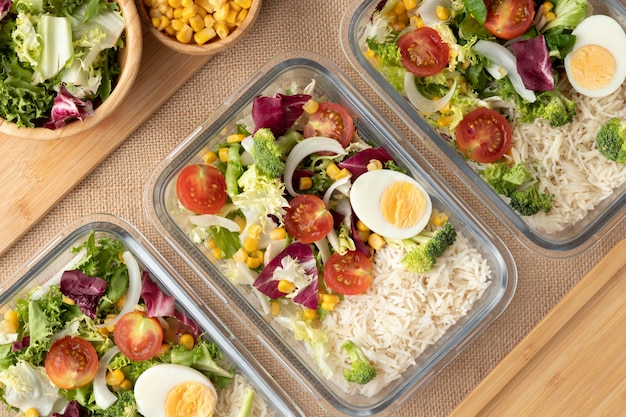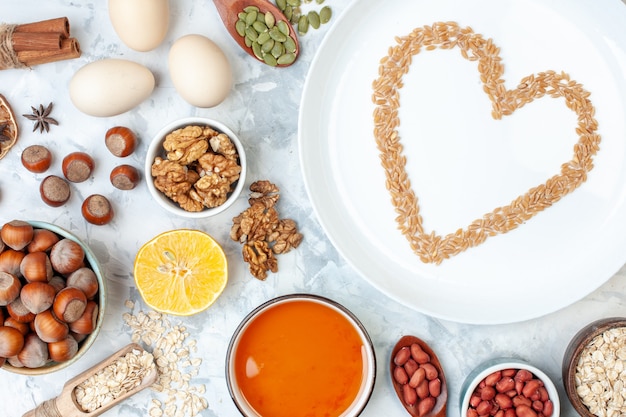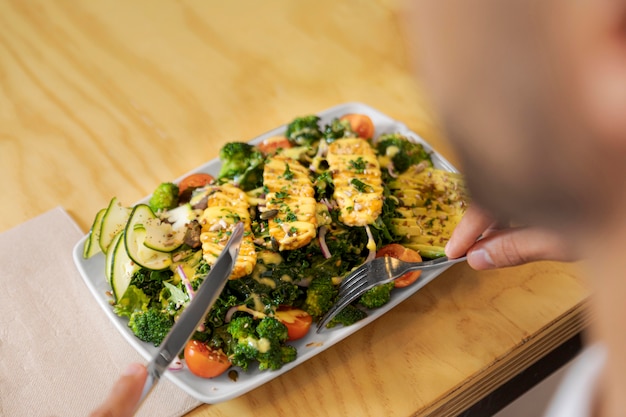Discover how smart, inflammation-reducing meal prep can support joint health and hormonal balance—no fancy tools required. Perfect for managing PCOS naturally.

Polycystic Ovary Syndrome (PCOS) affects millions of women worldwide, often leading to insulin resistance, chronic inflammation, and hormonal imbalances. These underlying issues not only impact fertility and metabolism but also increase the risk of joint pain and stiffness—common complaints among those with PCOS.
Chronic inflammation is a key driver of both joint discomfort and PCOS symptoms. By focusing on anti-inflammatory, blood sugar-stabilizing foods through weekly meal prep, you can take control of your health with minimal effort and kitchen gear.
Research shows that diets rich in antioxidants, fiber, and healthy fats help reduce markers of inflammation such as C-reactive protein (CRP). These same diets improve insulin sensitivity—a critical factor in managing PCOS.
Foods like leafy greens, fatty fish, nuts, seeds, and colorful vegetables contain compounds that protect joint tissues and support hormone regulation. Omega-3 fatty acids, in particular, have been shown to reduce joint stiffness and improve menstrual regularity in women with PCOS.
You don’t need a fully stocked kitchen to eat well. This plan is designed for simplicity and accessibility:
With just these items, you can prepare a full week of nutrient-dense, joint-supportive meals.

This plan emphasizes low-glycemic carbohydrates, lean proteins, and anti-inflammatory fats. Each meal is designed to stabilize blood sugar, reduce inflammation, and support joint lubrication and repair.
Chia and flaxseeds provide plant-based omega-3s, which reduce joint inflammation and support estrogen metabolism—key for PCOS.
Colorful vegetables (especially dark leafy greens and orange veggies) are rich in antioxidants like vitamin C and beta-carotene, which protect cartilage and reduce oxidative stress.
Lean proteins (salmon, tofu, eggs, chickpeas) supply amino acids needed for tissue repair and satiety, helping manage weight—a common PCOS challenge.
Healthy fats from nuts, seeds, and olive oil improve cell membrane fluidity and hormone production.

Flexibility is key for long-term success. Here’s how to personalize the plan:
Consistency beats perfection. Start small—prep just two meals at first. Use a simple grocery list to avoid impulse buys. Store meals in clear containers so you can see your healthy choices.
Drink plenty of water and consider adding turmeric or ginger to meals—both have strong anti-inflammatory properties.
Managing PCOS and protecting your joints doesn’t require drastic changes. With a simple, equipment-light meal prep strategy focused on whole, anti-inflammatory foods, you can support your body naturally and sustainably.
By investing just a few hours each week, you’ll reduce daily decision fatigue, lower inflammation, and take meaningful steps toward hormonal balance and joint comfort.

Wellness

Wellness

Wellness

Wellness

Health

Fitness

Wellness

Wellness

Wellness

Fitness

Health

Wellness

Health

Fitness

Health

Health